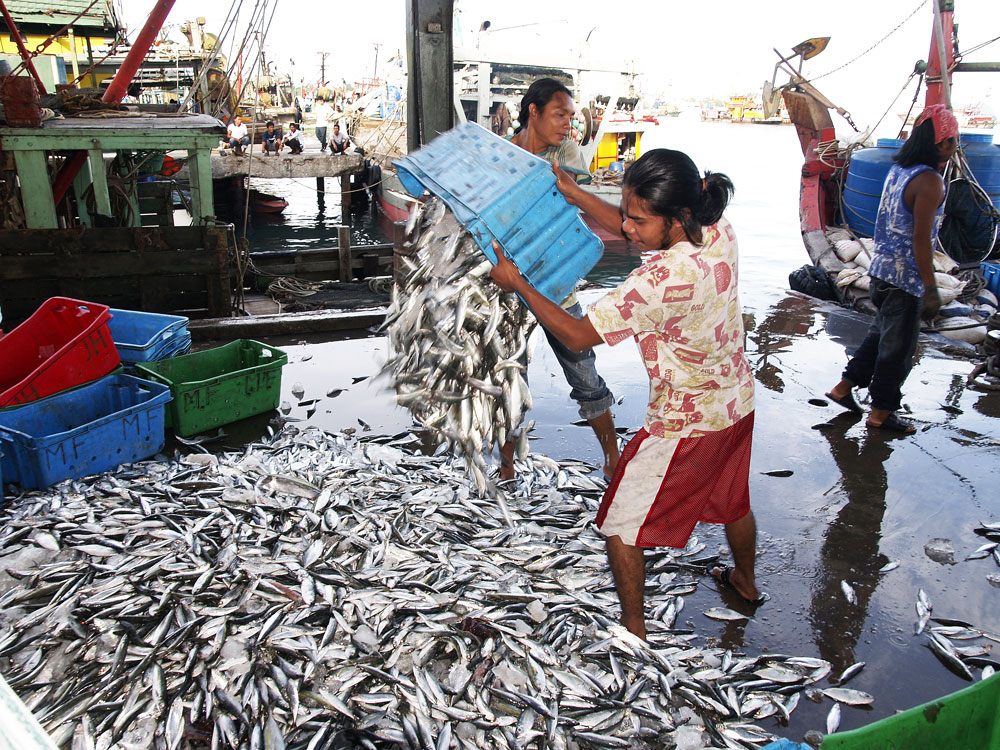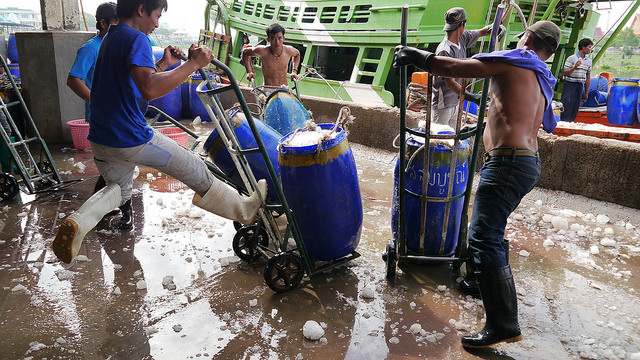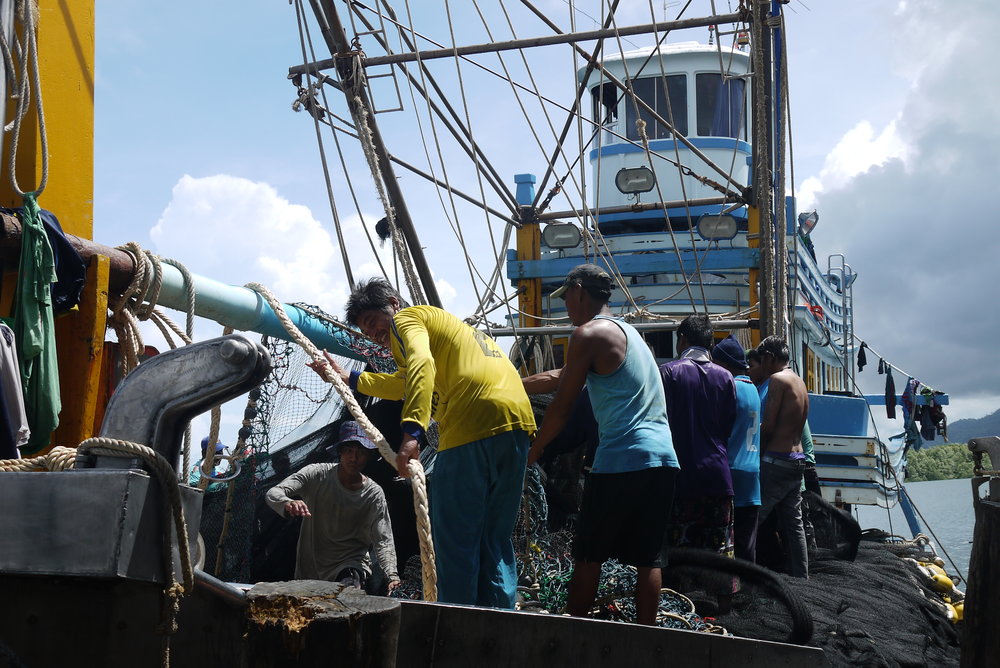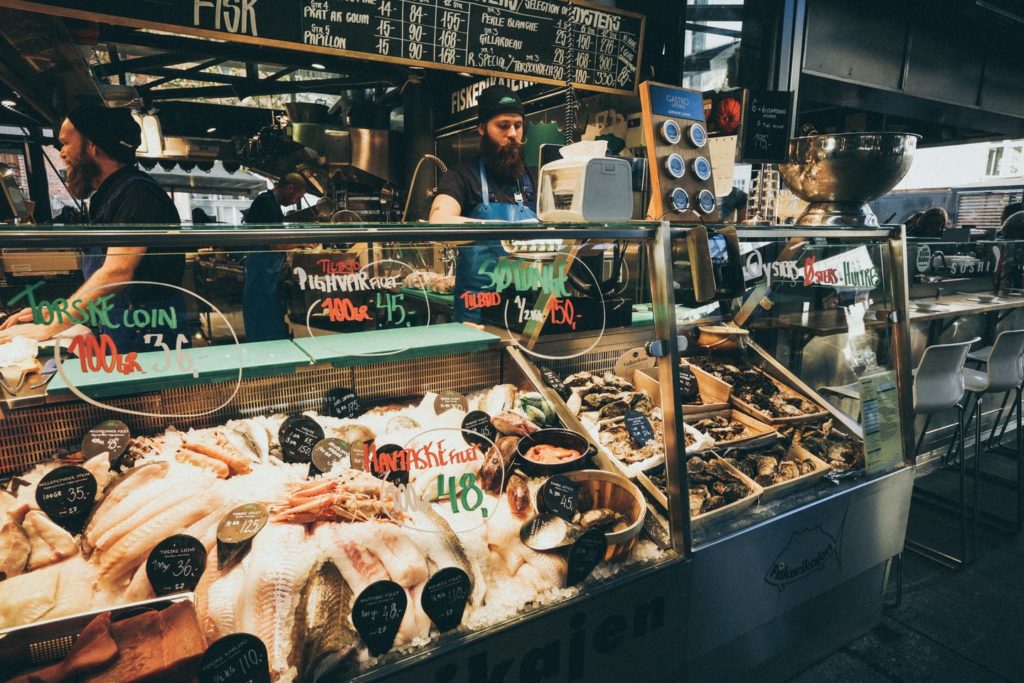Thanks to globalization we can enjoy a great variety of seafood from all over the world at a fairly affordable price. But with less fish in the sea to catch, someone has to pay for the misdeeds of unsustainable fishing.
As much as one fifth of fish caught worldwide is Illegal, Unreported and Unregulated. IUU fishing is a great threat to the already exploited marine ecosystem and vulnerable people who depend on fishing for their livelihoods and food security. Furthermore, illegal or pirate fishing is not just about the fish, these practices also often involve changing the vessels’ name or identity to avoid fees, using the flag from states that have less monitoring, bribing authorities to fish in a “no-take” zone and stealing fish from small-scale fishers in the near-shore zone.
The European Union is becoming a major actor in the fight against IUU by using its economic power to pressure other countries to improve the fishing standards, traceability and transparency. However, the fact that many fishing boats with illegal status often recruit unregistered or illegal workers has appeared on the sustainable fish agenda only recently.
Modern slavery exists!
Thailand moved from self-sufficient food production via small-scale fishing in the 1960s, and became the world’s third largest seafood exporter by value. The swiftly growing fishing industry has been constantly in need of labour, and with high physical demand, low pay and long periods out at sea, these jobs are less attractive to Thai. So, migrant fish workers have become a solution for the industry.
The 6.5 billion USD Thai fishing industry came under the spotlight in 2014 when a series of stories by the Guardian exposed how fish workers on Thai fishing boats have been trafficked, abused and had to work in bad working conditions with irregular or no pay at all.



